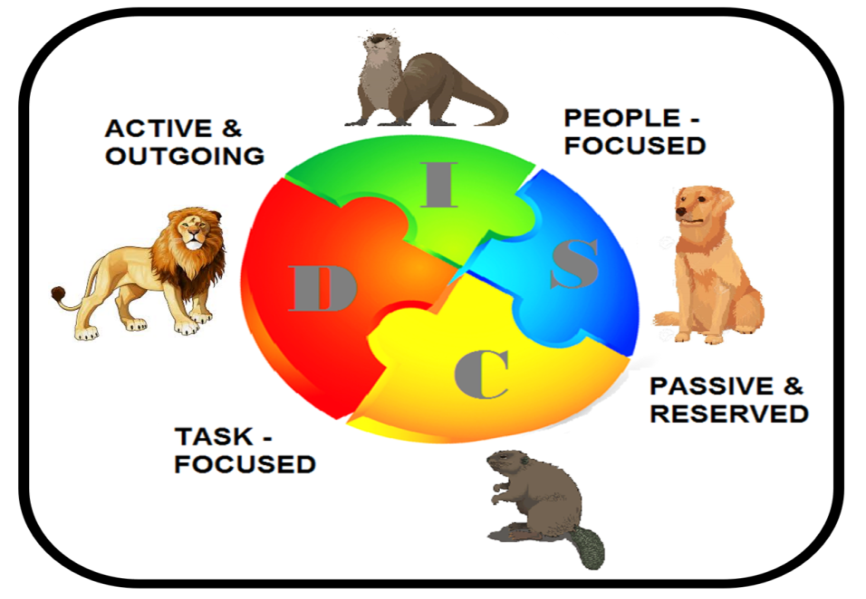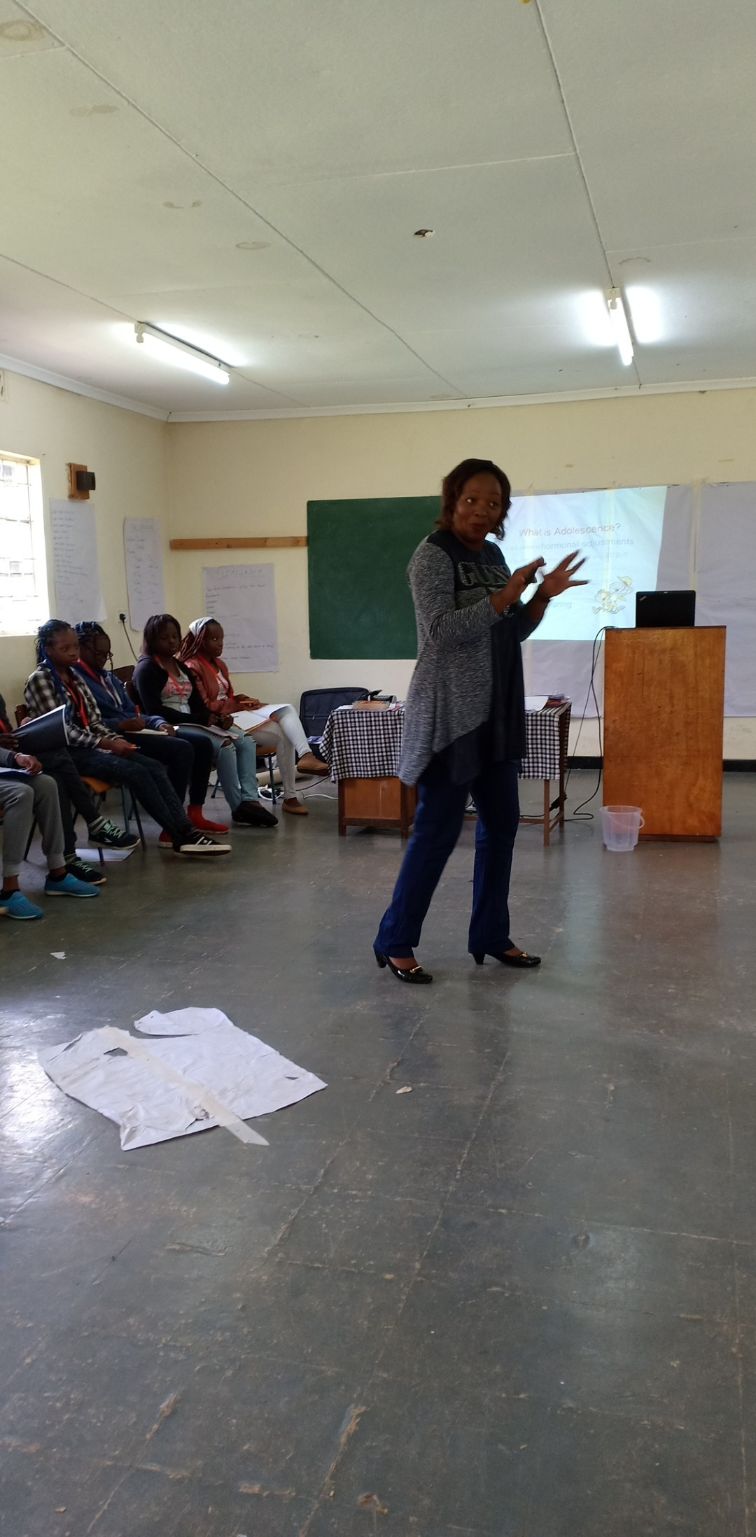Customized Team Building Workshops
Why team building
When working to create a solid and successful culture of teamwork in any organization, there is a need to establish trust among team members. This begins with learning to communicate effectively and appreciate teammate strengths…
You may have heard of groups enjoying superior success because of concerted team efforts, but have you ever experienced it?
That sense of unity is one of the most powerful feelings you could enjoy, and is available to those who inspire cohesiveness and a commitment to building teamwork through experiential activities.
Motivational team training workshops that use experiential activities are proven to be the single most effective way to increasing success and group effort, whether it is for your classroom, your business or your ORGANIZATION . TEAM BUILDING ACTIVITIES are an effective way to reduce stress, improve attitudes and get your group to learn how to work together toward team goals.
CULTURE IS SIMPLY THE SUM OF REPEATED BEHAVIORS…
AND BEHAVIORS ONLY CHANGE WHEN BELIEFS CHANGE…
AND BELIEFS ONLY CHANGE WHEN AWARENESS IMPROVES…
AND AWARENESS IS DEVELOPED THROUGH EXPERIENCES…
TRAITS OF GREAT TEAMS
All Great Teams Share the Same Traits
Team Development and the FIVE Traits All Great Teams Share
As a leader interested in team development, you will be pleased to hear that all GREAT teams have the same traits in common and you can develop them!
You have likely heard that team development occurs in four stages: forming, storming, norming, and then performing.
These stages were first identified by Bruce Tuckman of the Naval Medical Research Institute in a 1965 research paper, and have since simply been referred to as “Tuckman’s Four Stages.”
– Forming is when the group comes together to identify their mission and resources.
– Storming is when conflicts over roles or personalities may emerge.
– Norming is when the group becomes comfortable sharing feelings and information.
– Performing is when teams achieve interdependence and strong productivity.
Not all teams will reach the final stage that Tuckman describes, though – and the most crucial of the four stages as he describes them would be the storming stage.
It is during the storming stage that teammates must be given the time and opportunity to learn the personality types, talents and tendencies of those they will be working with.
Teachers who do this during pre-planning, athletes who do this during pre-season workouts, and project teams in any business field who do this early in their time together gain a tremendous advantage over their competition in building a more cohesive and and focused culture.
When you see great teams working together, it is inspiring to know that – while talent is important – the same things that make them a more cohesive team can be achieved by your group if you use a proven blueprint for construction.
SAMPLE SCHEDULE
Planning a Teamwork Activity or Event?
Engaging Programs Build Better Teammates… and Leaders
PLCC “small group” events and motivational games are typically designed for groups of around 12-40 participants.
These sample teamwork activity plans can be modified to accommodate hundreds of participants, though… so whether you have a small group of 30 or a large group of 300, PLCC will keep them engaged – and they’ll ALL leave with actionable take-aways!
PLCC provides all required props and handouts – you just supply the people and location!
You can expect PLCC to arrive at least 60 minutes prior to the scheduled beginning of your event to set up and ensure that all equipment and handout packets are ready for your participants.
Your event may include some of the below activities in our sample teambuilding schedule, and will be modified based upon discussions concerning your needs, specific team issues, suggested personality groupings, and /or desired outcomes…
Just contact PLCC to discuss how a customized half or full day event can improve communication, inspire motivation, and produce the connections and leadership you need!
TEAM PERSONALITY TYPES
What’s Your Style?
Ready to improve teamwork and make group interactions more productive?
Learn about YOUR team personality types with an assessment tool described below, and take a powerful step toward building better communication.
Everyone on your team has value and can contribute, but there are likely times that you wonder why your teammates do what they do.
For Quick Assessments, “Animal Types” are Fun…
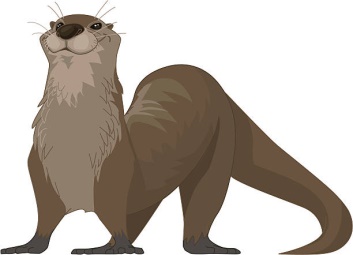
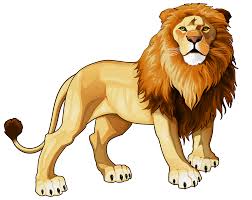
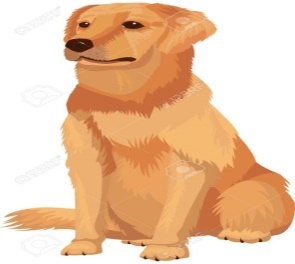
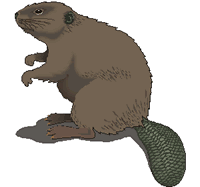
The teams that may be looking for a useful but less comprehensive team personality instrument are often happy to learn about themselves and their teammates through the shorter and less thorough “Animal Personality Types” quiz that will help to identify them as one of four animal styles:
(Otter, Lion, Golden Retriever, or Beaver!)
Developed by Gary Smalley, the Animal Styles roughly relate to the very well-known DiSC personality inventories that have been widely used. For athletic teams or work groups who are simply seeking an accurate but less comprehensive option, this is a brief and enjoyable option.
After each participant completes a short questionnaire, we take a moment to score and discuss each individual’s results. This offers a useful self-assessment of personal behaviors and preferences, and is a great opportunity to better understand why our teammates act the way they do…
